One Foot In Heaven: The Story of Bob Lindsey of Jerusalem
$14.95 Price incl. tax: $14.95
eBook: approx. 280 pages (PDF Format*)
UPDATED VERSION (Oct., 2025)
Description
One Foot In Heaven: The Story of Bob Lindsey of Jerusalem
by Kenneth R. Mullican, Jr. and Loren C. Turnage
eBook: approx. 280 pages (PDF Format)*
UPDATED VERSION (Oct., 2025)
Robert L. (“Bob”) Lindsey was the mentor of David Bivin (Jerusalem Perspective’s founder and long-time editor) and of many of today’s outstanding Christian scholars affiliated with the Jerusalem School of Synoptic Research in Israel. The beloved “Dr. Bob” was a remarkable person. God-fearing and brilliant, scholarly and yet pastoral, Bob Lindsey was a rare man of impeccable integrity and exceptional insights into the Gospels.
Many know of his scholarly research, increasingly recognized by New Testament scholars as truly groundbreaking, but not many know the man behind the genius. Good news: Bob’s story is masterfully told in this new biography, written by his son-in-law, Ken Mullican, and old friend, Loren Turnage. One Foot in Heaven (a reference to Bob’s losing a foot to a land mine while trying to rescue an Arab boy in Jerusalem) recounts many wonderful and extraordinary stories about Bob — his life, his family and their lives in Israel for more than forty years, beginning even before statehood. This is a story that you will not want to miss! Read it and share it with others.
*EPUB format available upon request (via Contact Us page) and proof of purchase.
Download link after purchase expires in 100 days. Limit of six downloads per purchase.
Enjoy a sample of the book:
CHAPTER 1
No Man’s Land
Shadowy figures moved silently among the war-torn buildings lining the Jordanian side of the narrow strip of no man’s land separating Arab East Jerusalem from Jewish West Jerusalem. They were not far from Mandelbaum Gate, a checkpoint near the ancient walled city. A slender American who appeared younger than his forty-four years was accompanied by a fifteen year old Palestinian youth. The night of September 13, 1961 was cool (due to the elevation of Jerusalem) and dry—no rain had fallen in more than five month¬s—the autumn rains had not yet begun in the Holy Land.
As a cloud passed before the moon, the pair carefully continued picking their way among the debris. They had to be extremely careful—every sound seemed to be magnified in the night—and soldiers on both sides of the border could be listening. They ducked into the shadows as the moon emerged from behind the passing cloud. The quiet was shattered by a dog barking nearby. A small child howled his displeasure and a voice shouted angrily in Arabic, “Ouscut, ya kelb! Ouscut!” (“Shut up, dog! Shut up!”) The muffled voices of the soldiers on the Israeli side of the checkpoint, punctuated by laughter, floated across the narrow strip. Only a little further and the pair would be able to reach a place where they could slip undetected across to the Israeli side. They were ready to proceed as soon as the moon passed behind the clouds.
Suddenly the two stiffened when they heard the clicks of weapons as a Jordanian Legionnaire patrol prepared to fire. “We’ve been spotted!” the American whispered in alarm to the youth. “We’ve got to go back! Keep low and stay close to me!” Bending as low to the ground as they could, the two retreated quickly in the direction from which they had come.
Without warning the world exploded! In spite of the intense ringing in his ears, the American heard, from seemingly far away, soldiers shouting from both sides of the border. Slowly, reality began to dawn and he realized that he had detonated one of the dozens of antipersonnel mines planted in the desolate no man’s land. As his mind began to clear, his first thought was for the safety of his young charge. “Edward! Edward! Where are you?” he shouted.
“Over here, Uncle Bob! I can’t see! I can’t see!”
“Oh, dear God, no!” moaned Bob. Mercifully, his body’s initial release of endorphins had numbed Bob’s wound so that he was not yet aware of the extent of the damage to his mangled foot. He was aware, however, that he was bleeding profusely and that unless he was able to stop the bleeding, he would not be able to get them out of there. Even in their traumatized state, it was clear to the wounded pair that they were going to have to get out of the minefield themselves—no one was coming after them. It was obvious that neither the Jordanians nor the Israelis were going to venture into a minefield in the dark and they could be dead by morning. Breathing a prayer, Bob calmly removed his belt and used it as a tourniquet. He couldn’t tell if it was working or not—clouds obscured the moon, and there was blood everywhere.
The Israelis, speaking Hebrew, were urging them forward, while the Jordanians, speaking Arabic, were threatening to shoot them unless they returned to the Jordanian side. Although Bob and Edward understood both Arabic and Hebrew, at first they answered neither, since they feared speaking either Arabic or Hebrew might cause the opposing side to shoot them. As Bob crawled over to Edward, he fought waves of nausea and the urge to slip into unconsciousness as the initial numbness of his wound wore off. “Edward, I’m so sorry—I’m so sorry!”
“It’s ok, Uncle Bob,” Edward moaned. “It’s ok.”
The Jordanian soldiers continued to threaten and to demand that they return to the Jordanian side. “I don’t think we have any choice but to try to crawl back to Jordan,” Bob concluded sadly. “There is too much chance of being shot by the Jordanians or of crawling into another mine before reaching Israel. Can you see well enough to follow me as I crawl?”
“I think so,” responded Edward weakly. “I can see a little bit out of one eye.”
At this point Bob shouted in English, “Don’t shoot! We need help!”
When it was apparent that the wounded pair was turning back to Jordan, they were instructed to lie still while the Jordanians decided the best course of action. As they lay waiting for directions to crawl out of the minefield, Edward suddenly asked, “Uncle Bob?” “Yeah, Edward?” “How’s Barbara doing?” Edward had shown more than a brotherly interest in Bob’s second daughter for some time.
“Much better than we’re doing at the moment, I trust,” Bob responded wryly.
After what seemed to be an eternity, Jordanian soldiers began to shout directions for crawling out of the minefield. As they began to crawl, Bob’s belt slipped and blood spurted from the severed arteries. He quickly secured it again, a routine he was forced to repeat several times. They then continued the painful, circuitous route toward captivity. As the Jordanian soldiers carried on a lively discussion as to the best route through the minefield, the pair crawled slowly forward, inch by inch, half expecting to hear another deafening roar, that, this time, would end it all. Finally, more than two hours after the explosion, they exited the minefield and crawled into the waiting arms of the Jordanian Legionnaires.
Bob groaned as the army truck navigated the rough, narrow streets traveling the short distance to the hospital. He hardly dared to think of the enormous, international repercussions of his impulsive attempt to return the Arab youth to the Baptist Center in the Central Sharon Plain near Petah Tikva, the only home Edward had ever really known. What effect would this incident have on Bob’s wife and six children? What effect would it have on Baptist work in Israel? Would all the Baptists serving in Israel be forced to leave because of this incident, or would only he and his family have to leave? That is, if he ever got out of prison. What about the Baptists serving in Jordan? How would the incident affect them and their work? And what about Edward? Would he be blind or partially blind? A great, dark cloud of uncertainty and regret settled over Bob Lindsey as he lay in the hospital awaiting surgery on his mangled left foot. Instinctively, he desperately cried out to God, “Lord, you know my heart. Have mercy on Edward and me and those we hold dear. Somehow, Lord, bring good out of it.”

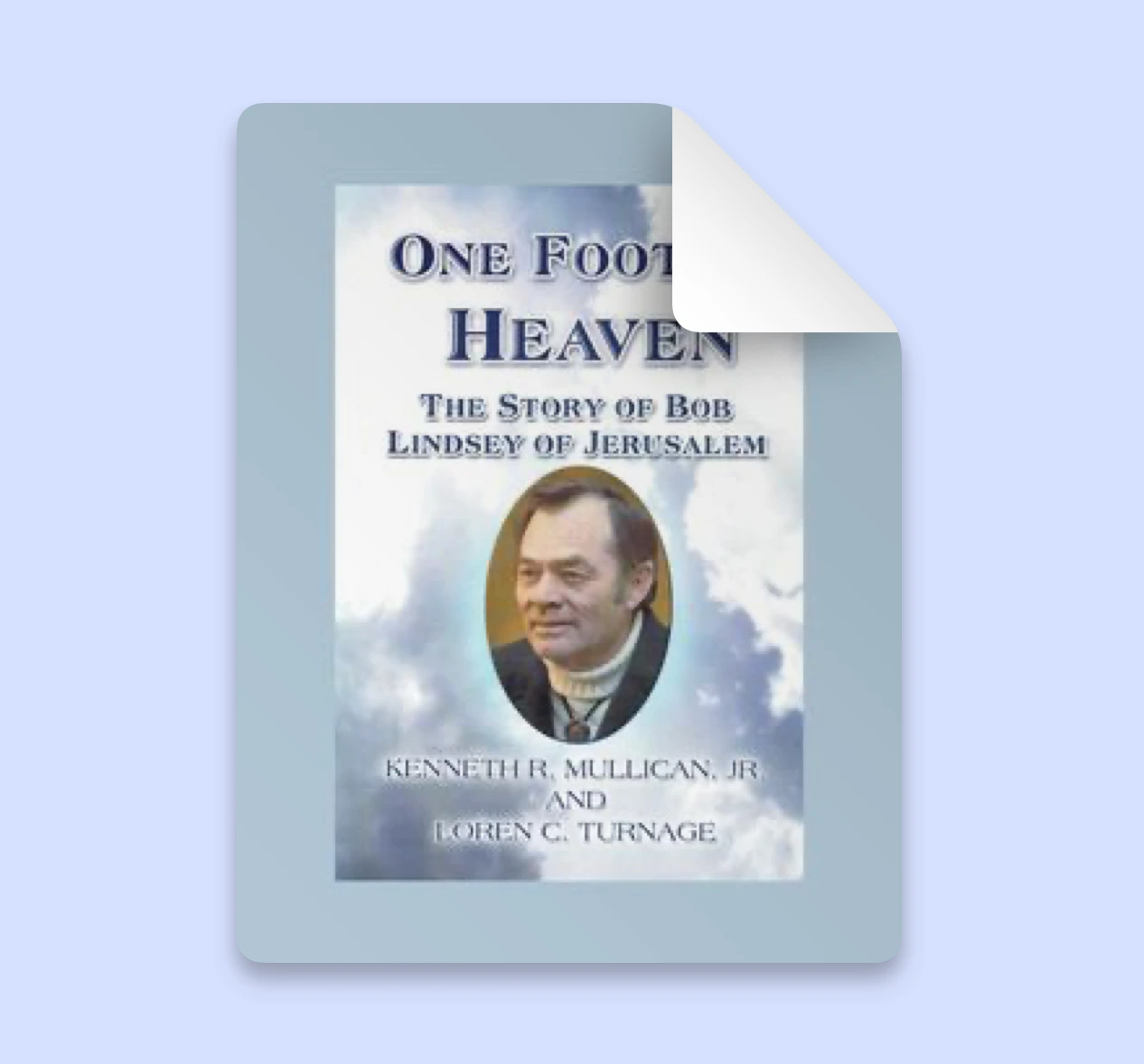
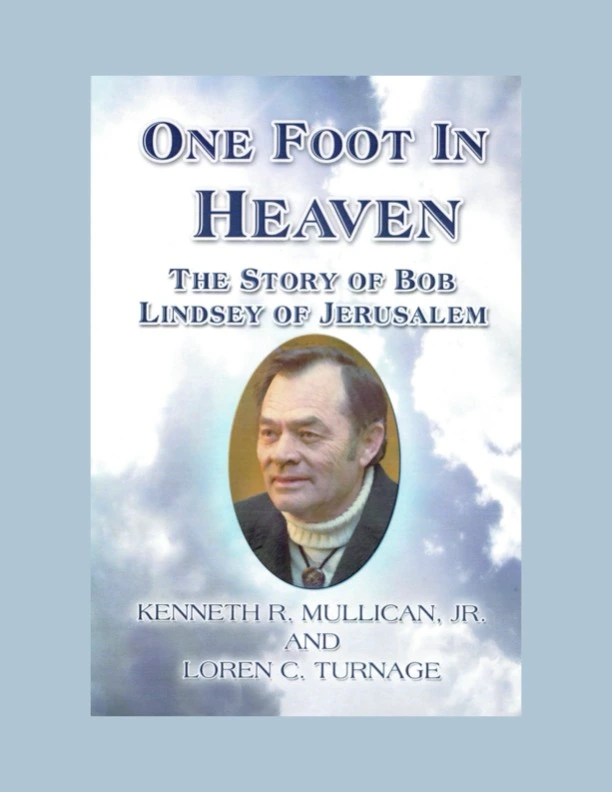
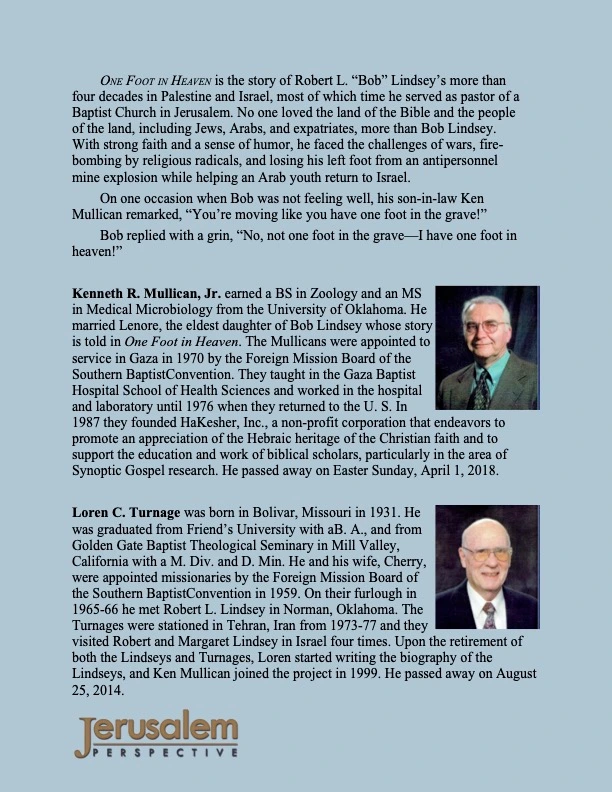
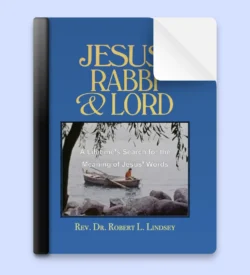
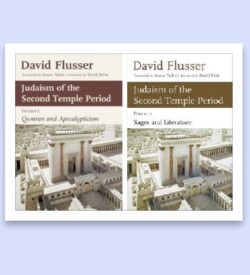
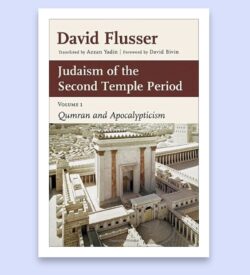
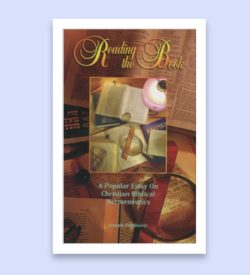
Reviews
There are no reviews yet.